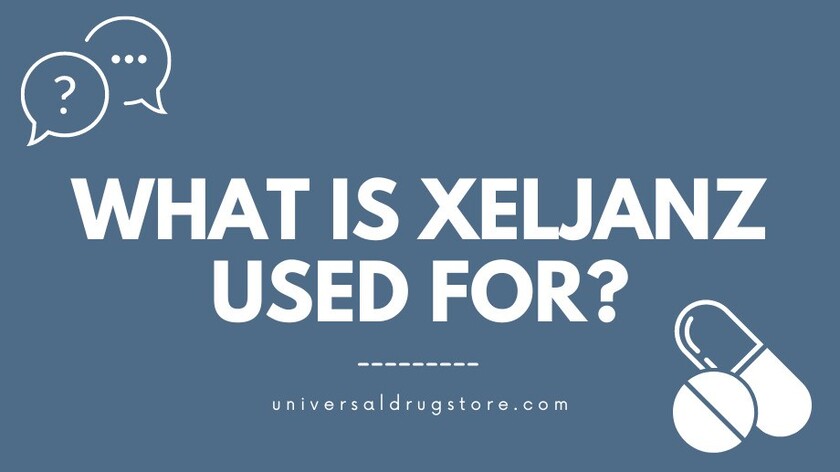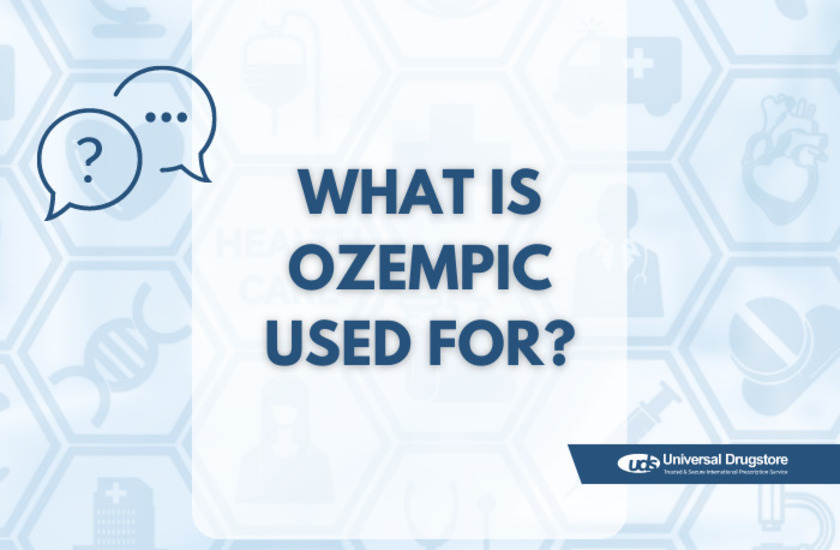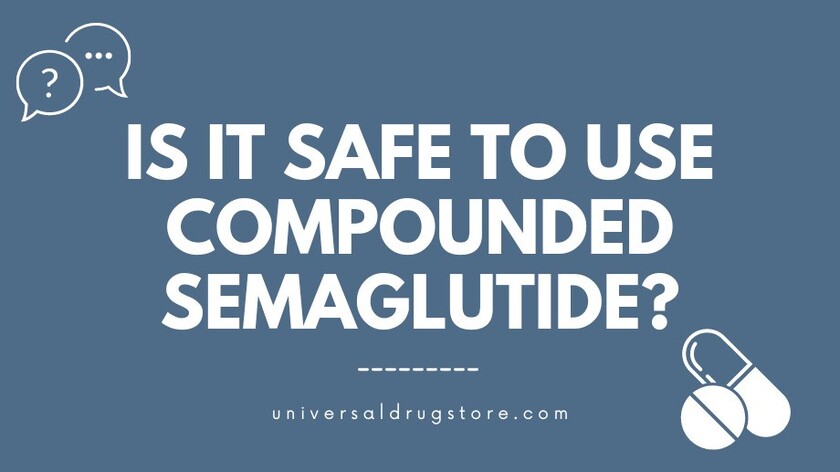Xeljanz is an oral medication used to help decrease the tenderness, swelling, and joint pain for people with certain types of arthritis. It is also used to reduce the symptoms of ulcerative colitis, including diarrhea, rectal bleeding, and abdominal pain. Xeljanz is typically used when other treatments have not worked or the side effects were not tolerated. While it is typically safe to use, it may increase the risk of blood clots in the lungs and death. Talk with your doctor about the benefits and risks associated with Xeljanz before starting treatment.
What does Xeljanz treat?
Xeljanz (tofacitinib) is a brand-name oral medication manufactured by Pfizer, Inc. It is approved by the U.S. Food and Drug Administration (FDA) to treat adults with:
-
Active rheumatoid arthritis (RA)
-
Active psoriatic arthritis (PsA), a type of arthritis people with psoriasis may develop
-
Ankylosing spondylitis
-
Active ulcerative colitis (UC)
It is also approved by the FDA to treat patients 2 years of age and older with polyarticular course juvenile idiopathic arthritis (pcJIA)
Xeljanz is usually prescribed to patients who have failed one or more tumor necrosis factor or TNF blockers such as Humira (adalimumab). It can be used by itself or along with other arthritis medications such as Rheumatrex (methotrexate). However, the use of Xeljanz along with biologic disease-modifying antirheumatic drugs (DMARDs) or potent immunosuppressants such as Imuran (azathioprine) and Neoral (cyclosporine) should be avoided as it can increase your risk of infections.
What does Xeljanz do to the body?
Tofacitinib is considered a Janus kinase (JAK) inhibitor. JAKs are natural enzymes found inside the cells of your joints, bones and many other parts of your body. They transmit signals that play a role in activating your body's immune system. By blocking these enzymes, Xeljanz helps reduce inflammation. This relieves symptoms such as pain and swelling associated with certain types of arthritis and ulcerative colitis.
What doses of Xeljanz are available?
Xeljanz is available in several dosage forms and strengths, including:
-
Xeljanz 5 mg and 10 mg tablets
-
Xeljanz XR 11 mg and 22 mg extended-release tablets
-
Xeljanz 1 mg/mL oral solution
How do you take Xeljanz?
-
Always read the full Prescribing Information, including the Medication Guide that comes with Xeljanz.
-
Xeljanz tablets and Xeljanz oral solution is typically taken 2 times a day with or without food.
-
Xeljanz XR tablets are typically taken once daily with or without food. Xeljanz XR tablets should be swallowed whole and not split, crushed, or chewed.
-
After taking Xeljanz XR, you may see something in your stool that looks like a tablet. There is no need for alarm as it is the empty shell of the Xeljanz XR tablet left after the medication has been absorbed by your body.
What drug interactions are there with Xeljanz?
When Xeljanz is taken with other medications, it can change how they work or make some side effects more likely or severe. You should ask your healthcare provider if any of the prescription medications, over-the-counter (OTC) drugs, vitamins, or supplements you take may interact with Xeljanz, including:
-
CYP3A4 inhibitors such as ketoconazole and fluconazole
-
CYP3A4 inducers such as rifampin
-
Immunosuppressant medications such as azathioprine, cyclosporine, and tacrolimus
What are the bad side effects of Xeljanz?
The most common side effects of Xeljanz when compared to placebo during clinical trials were:
-
Upper respiratory tract infection
-
Nausea
-
Diarrhea
-
Headache
-
Nasopharyngitis (common cold symptoms)
-
Increased cholesterol levels
-
Shingles (herpes zoster infection)
-
Hypertension (high blood pressure)
Sometimes, Xeljanz can cause more serious side effects, including:
-
Serious, life-threatening allergic reactions (hives, shortness of breath, or swelling of your lips, tongue, or throat)
-
Increased risk of serious bacterial or fungal infections
-
Increased risk of death from cardiovascular events such as heart attack, stroke, and blood clots (thrombosis)
-
Increased risk of certain cancers including lymphoma, prostate cancer, lung cancer, pancreatic cancer, breast cancer, and skin cancer
-
Holes (perforations) in your stomach or intestines, especially if you take ibuprofen, aspirin, corticosteroids, or methotrexate
-
Anemia (low red blood cells)
-
Liver problems and increased liver enzymes
Contact your healthcare professional for medical advice about any possible adverse effects you experience while taking Xeljanz. You can report your adverse effects to the FDA at 1-800-FDA-1088 or www.fda.gov/medwatch.
Boxed Warning
-
Xeljanz can lower your immune system’s ability to fight infections. Some people have developed serious infections including tuberculosis (TB) that can lead to death. You should be tested for TB before starting Xeljanz and closely monitored for symptoms of TB while taking Xeljanz.
-
There is an increased risk of death from heart attack, stroke, and other heart events in people aged 50 years and older who have at least 1 heart-related risk factor and are taking Xeljanz twice a day.
-
Lymphoma and other cancers have occurred in people taking Xeljanz. Be sure to let your doctor know if you have a personal or family history of cancer.
Xeljanz precautions
Before beginning Xeljanz, make sure your healthcare provider is aware of your medical conditions, including:
-
Active infection
-
Are a current or previous smoker
-
Personal or family history of cancer
-
Previous heart attack or stroke
-
History of blood clots
-
Hepatitis B
-
Kidney disease
-
Diverticulitis or ulcers in your stomach or intestines
-
A known allergy to tofacitinib or any ingredients in the Xeljanz formulation
-
Recently received or are scheduled to receive a live vaccine
-
Are pregnant, plan on becoming pregnant, or are breastfeeding
Does Xeljanz cause weight gain?
No, Xeljanz does not usually cause weight gain or weight loss. Unexplained weight loss could be a sign of a serious side effect of Xeljanz such as diarrhea, infection, or cancer.
Tell your doctor if you develop any other signs of an infection such as fever, chills, cough, bloody mucous, sores on your body, muscle aches, fatigue, and shortness of breath.
Related Medications
-
Orencia (abatacept)
-
Remicade (infliximab)
-
Cimzia (certolizumab)
Sources









